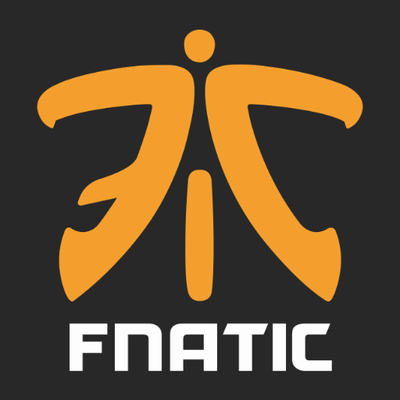Solar Innovations and Trends
Your source for the latest in solar technology and energy solutions.
CSGO's Unsung Heroes: Why Support Roles Are the Backbone of Every Winning Team
Discover the vital support roles in CSGO that drive victory. Uncover strategies and tips from the unseen heroes of the battlefield!
The Silent Guardians: Understanding the Importance of Support Roles in CSGO
In the competitive world of CSGO, it's easy to fixate on the flashy plays of star players, but the contributions of support roles are equally crucial for success. These players, often underappreciated, facilitate key strategies by providing utility, coordinating tactics, and ensuring the team's overall survival. A well-timed smoke grenade or a perfectly thrown flashbang can turn the tide of a match, highlighting the need for strong communication and strategic awareness within the squad. Without these silent guardians, teams would struggle to create opportunities for aggressive plays, making the understanding of their role essential in any gameplay analysis.
The effectiveness of support roles in CSGO cannot be overstated. They serve as the backbone of the team, often taking on the responsibility of purchasing essential equipment and making selfless decisions for the greater good. This includes opting for utility over personal firepower and positioning themselves to trade kills effectively. According to various studies and game statistics, teams with adept support players tend to perform better overall, as they create safer environments for entries and fraggers to thrive. Emphasizing the importance of these roles not only enhances team dynamics but also contributes significantly to the overall strategy and success in competitive matches.

Counter-Strike is a popular team-based first-person shooter that has captivated gamers since its inception. Players can choose to be part of either the Terrorist or Counter-Terrorist teams, engaging in missions such as bomb defusals and hostage rescues. The game features a wide array of customization options, including CS2 Weapon Skins that allow players to personalize their in-game weapons and enhance their gaming experience.
From Clutch to Support: How Role Flexibility Elevates Team Performance
In today's dynamic work environment, role flexibility has emerged as a vital strategy for enhancing team performance. As teams adapt to evolving challenges, the ability to transition from a clutch role—where individuals step up in critical situations—to a supportive role fosters collaboration and resilience. This flexibility not only allows team members to showcase their diverse skill sets but also encourages a culture of mutual assistance, ultimately driving innovation and productivity. By breaking down rigid role definitions, organizations can create a more agile workforce ready to tackle any obstacle.
The benefits of role flexibility extend beyond immediate performance gains. When team members can fluidly shift between clutch and support roles, they develop a more profound understanding of one another's strengths and weaknesses. This enhanced awareness promotes trust and accountability within the team, leading to better communication and a stronger collective identity. As organizations embrace this approach, they unlock the full potential of their teams, paving the way for sustained success and a competitive edge in their respective markets.
What Makes a Great Support Player? Key Traits and Strategies to Master
In any team-based game, a support player plays a crucial role that goes beyond just securing kills. A great support player possesses several key traits, including excellent communication skills, situational awareness, and adaptability. They must be able to read the flow of the game and anticipate their teammates' needs, making sure to position themselves strategically to offer assistance. This often involves using vision control and map awareness to provide valuable information, ensuring their team maintains the upper hand. Furthermore, a solid understanding of game mechanics and character strengths allows them to maximize their impact on the match.
Strategies to master as a great support player include prioritizing objectives over personal stats and utilizing effective crowd control techniques. For instance, peeling for damage dealers during team fights can be the difference between victory and defeat. Additionally, a great support player should constantly engage with their team, offering encouragement and advice during gameplay, fostering a positive environment. Identifying which support style suits both one's personality and the team's needs is essential; whether being a healer, a damage buffer, or a crowd-control specialist, understanding when to switch tactics can significantly enhance overall team performance.